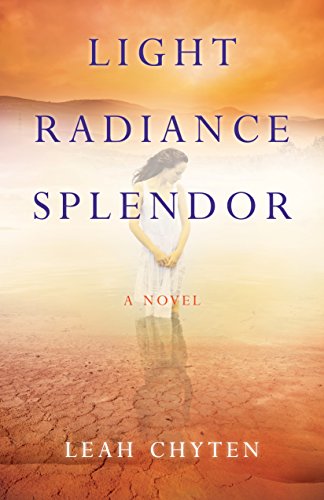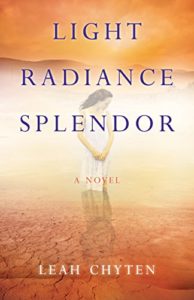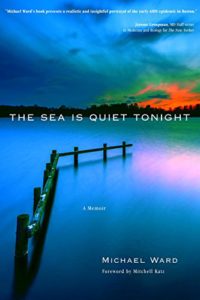
11 Jun Books that promote trauma healing
“I’m wise only in that I’ve used the tragedies of my life to become a person who can guide others. … That makes an ordinary person a wise person.”
Leah Chyten invites us all to see our trauma in a new way using the horror of World War II, the Jewish diaspora, and Kabbalah. I found the combination an irresistible read.
Here are some excerpts from the book. I clipped them as I felt I could never do them justice any other way:
One character deals with grief: “Will I ever know, and if not, will I find peace again? And if not peace, can I befriend unknowing, for life is such a very great mystery, and death an even greater one.”
Another character is a Rabbi leading a group on a post-war pilgrimage to Auschwitz:
“Our pilgrimage has begun. This is the first of many gatherings. We will meet at the beginning and end of each day. We will learn to listen to each other, to bear witness to the stories, emotions, and thoughts that arise in the course of this retreat. I promise you that what you thought was unbearable will become bearable. What needs telling will be heard, what needs forgiving will be forgiven, what needs kindness will receive kindness. Our wounds heal when we acknowledge them, accept them, and offer them what they truly need. I know you are all committed to being here. Nobody would choose to participate in a pilgrimage to Auschwitz without a sincere intention. Some of us, including myself, are survivors. My wife and children were among the six million murdered. At least one of you spent time in a concentration camp as a guard. The particulars of our involvement matter only in that our stories matter to us. Anybody on any side of this tragedy has suffered and continues to suffer. I ask that we be open to each other without blame or condemnation. It is a lot to ask, but it is what I’m asking of you. I discovered the greatest freedom and the greatest compassion in the depths of my despair. I’m asking you to demonstrate the best face of our humanity. Otherwise there is no reason for us to meet.”
Yitzhak, another character, offers guidance: “'I will tell you one thing, my friend.' Yitzhak groans as he pushes his ample body up from the low step. ‘Every time we move in the direction of tikkun, we are supported by a thousand angels. It may not be obvious right away. Likely we encounter forces of resistance, but I can tell you that the support will be there.'”
And another character who deals with a son who is radically different from her own beliefs tells us:
“I feel surrounded by snakes ready to strike me, some external while others arise from within my own thought stream. The foundation of my life is shattered, its principles, structures, and assumed purpose gone forever. I’m spinning in circles, the noise, the chaos, the poverty, the frustration, the rage, all trapped within the tiny and overcrowded prison of Gaza. The poison is slowly seeping into my soul. I taste its bitterness, and feel [her son] Sayyim’s anguish. I staunchly refuse to succumb to hatred, and vengeance, and violence. The devil stole the soul of my son, but it will not take mine. I set a firm intention to practice the stillness and patience learned in the desert at the foot of the viper. Every breath, every feeling, every impulse to act out becomes a snake, becomes the means for me to practice stillness. I become master of my own mind. They can imprison, demean, and torture my body, but inner freedom is mine to choose. I’m free to take any position or no position, a point of view, or no point of view, or all points of view. I’m free to live or die. I’m free to be mired in guilt or remorse, or to let it all go. I am free to sink or soar. The discovery is so radical that I can hardly contain my joy. I feel the urge to shout it into the streets, as a prophet might hail his revelations.”
This book might be just the right thing to support you in your own healing.
Mike Ward writes about his experience loving and caring for his partner in the early days of the AIDS epidemic, and with his partner's eventual death. Mike's gift is weaving a redemptive story dealing with anxiety, uncertainty, and death.
His heart-wrenching and fulfilling memoir reminds us of how love endures and relationships continue to teach and guide us despite the physical ending.
Perhaps what matters most is how tragedy forms and shapes us into the best we can be. I found myself grateful for the losses and pain of my life. I felt held in the community of kindness where we all suffer, deepening into a compassion.



